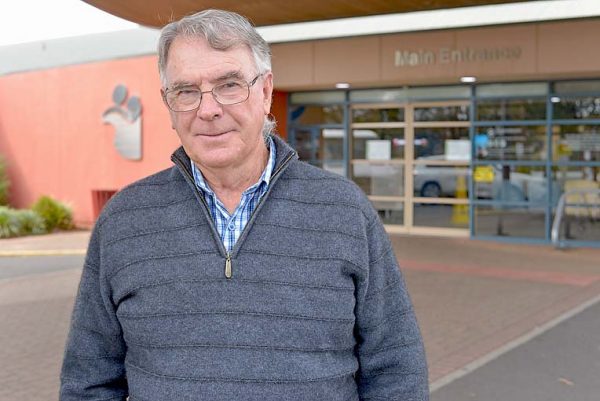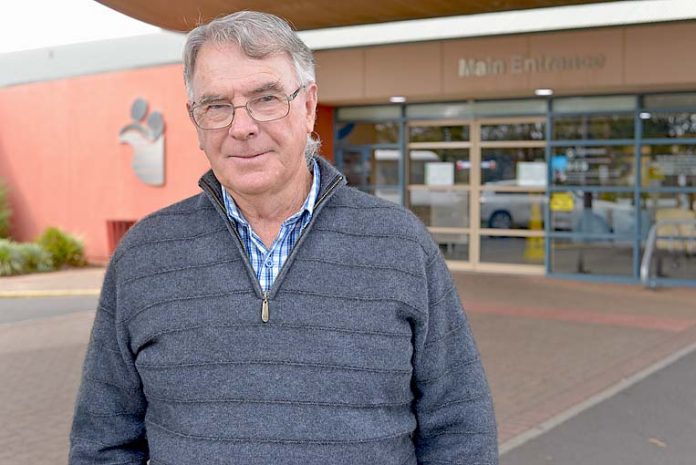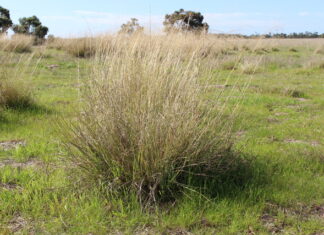
SOUTH East prostate cancer ambassador Richard Harry has made fresh calls for radiation therapy services at the Mount Gambier Hospital to help relieve stress on cancer patients and their families.
The plea comes as the national Radiation Therapy Advisory Group (RTAG) claimed Limestone Coast cancer patients were dying prematurely because of poor access to radiation therapy.
Statistics released by the group show regional cancer patients are 35pc more likely to die within five years of diagnosis than city patients.
In light of the new data, Mr Harry – who is chair of the Limestone Coast Prostate Cancer Support Group – said the time had come to bring the essential service to the South East.
“I would love to see radiation therapy services down in this area because there are already too many people from the South East having to travel significant distances to access this treatment,” he said.
“I was speaking to one of our cancer support group members who is currently in Adelaide for treatment and they said they have already met four other couples from Mount Gambier who have also had to travel to the city to access radiation therapy.
“We are the largest city outside of Adelaide and we do not have a facility to provide the service.”
Country Health South East deputy chief executive officer Ngaire Buchanan said the government body was constantly looking at ways to improve the services within Mount Gambier and across the region.
“Mount Gambier and Districts Health Service has a specialist radiation oncologist consulting service on-site to support local cancer patients,” Ms Buchanan said.
“Chemotherapy services are provided in Mount Gambier, however radiotherapy requires specialised staff and equipment that can be difficult to maintain in regional areas.
“Video conferencing equipment is also available at Mount Gambier so patients can remain close to home while consulting with their specialist in metropolitan Adelaide.”
RTAG spokesperson Professor Peter O’Brien said people in Mount Gambier could not get timely access to desperately needed treatment.
“Cancer patients should not have to travel two hours or more per day for radiation therapy,” Prof O’Brien said.
“Radiation therapy should not mean weeks away from family for regional Australians.”
Mr Harry said the time away from family can have the most significant impact on cancer patients who are required to leave Mount Gambier for treatment.
“In some instances, patients are having to travel to Adelaide for eight weeks to get treatment, so that’s eight weeks away from friends and family,” he said.
“That puts a lot of strain not only on them in Adelaide, but also their families back home.”
Radiation therapy is not a lengthy process, with the treatment taking around a half an hour.
Mr Harry said if the service was available in Mount Gambier, patients would be able to continue living a normal life outside of the treatment hours.
“It would be a case of getting up to the hospital, getting the treatment and then continuing on living their normal life,” he said.
“Instead they are doing the treatment in an unfamiliar location where they generally head back to their accommodation and just wait around until the next day’s treatment.”
He said it only adds stress to the already stressful situation of having cancer.
RTAG has launched Radiation Therapy for Regional Australia, a campaign calling on both the Federal Government and Opposition to invest in radiation therapy services in regional Australia.
It has identified 13 population centres – including Mount Gambier – where there is a clear underuse of the life-saving treatment.








